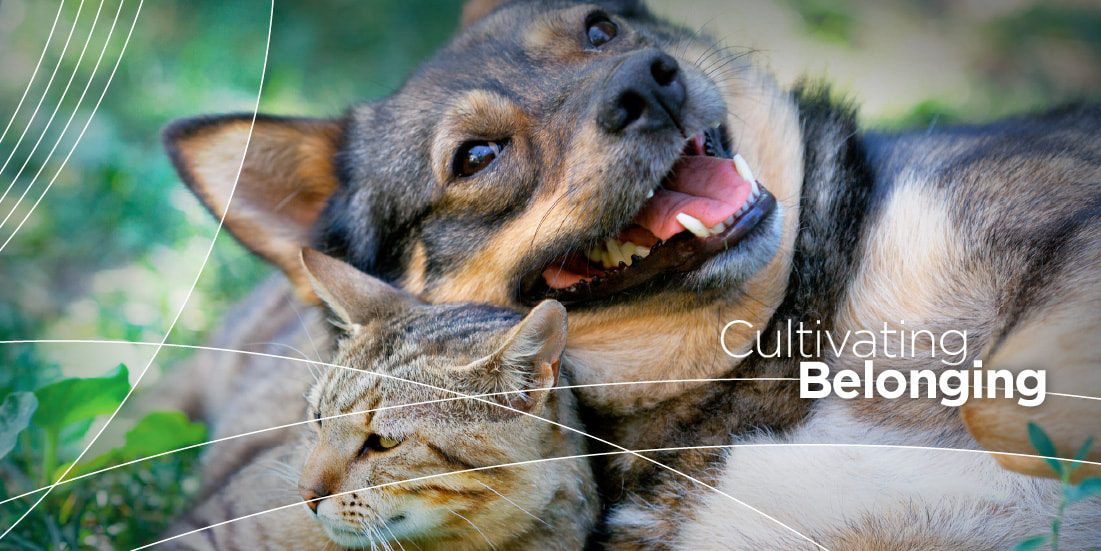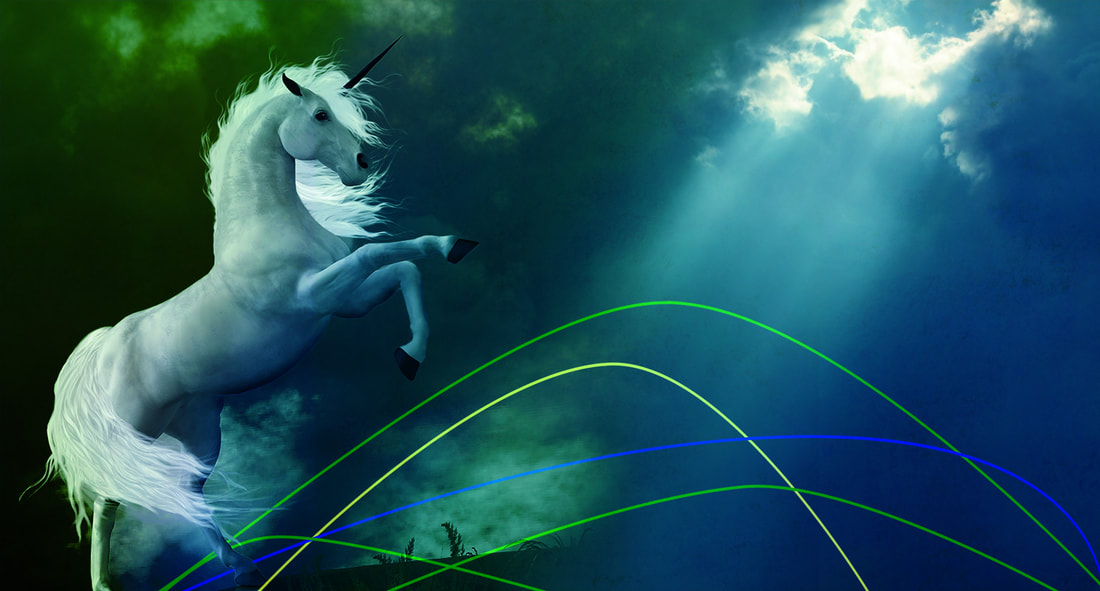|
Part 1 of the Cultivating Belonging Series • Why Belonging Matters
We are inextricably linked to one another. In the constant emergence of a pandemic year, the invisible threads connecting us have tightened even as they frayed. The effects of pandemic, climate change and social unrest have uprooted us from our comfort zones, separating us from our familiar ways of thinking and being. In a complex time, relationship matters more than ever. Fostering a sense of belonging is key on every level - in partnerships, teams, organizations, and the larger culture, as well as in personal, community and economic spheres. Here in the USA, our environment has become one of division descending into chaos. To move forward, we must find ways not only to accommodate diversity, but to welcome it. While creating a sense of belonging within a diverse group brings its own and different challenges, this work is essential. The reality is that there is not a single system, human or otherwise, that does not contain the systemic notion of diversity. If our nation, the world, and humanity is to unite in reality as well as in name, we must service this evolution. Now, our greatest challenge is to actively cultivate connection and belonging. Without a recognition of our interdependence and a conscious commitment to support it, we will remain in chaos.
1 Comment
As a new cycle begins, we feel the urge to create a fresh Myth or story to help us to turn the page on the past. In doing so we can take advantage of what Katie Milkman, professor at The Wharton School of Business and creator of the Choiceology podcast, calls the “fresh start effect.”
Her research suggests that the best time to break the status quo and create new habits is during key temporal moments, such as the start of the new year, a holiday, birthday, job or month. Tapping into times associated with change increases our ability to create a new story. In Organization and Relationship Systems Coaching (ORSC™), myth does not mean an untruth. It is used in the same way that Joseph Campbell uses this word in The Hero’s Journey, indicating the deep meaning within relationships. Alternative words can shape our story, narrative or perception of how things have been. As systems undergo an identity crisis during a myth change, they will need help to stabilize. An entirely new myth, story or narrative may be required. When an existing story is no longer working, we can reshape it collectively through relationships - envisioning who we are together. Tools like myth change can enable these conversations and help formulate the new creation of what is possible for the relationship we want now. |
Archives
September 2023
Categories
All
Get notified when new articles are available. |
Quick Links |
Find Something |
Stay Connected |
©
2021



 RSS Feed
RSS Feed